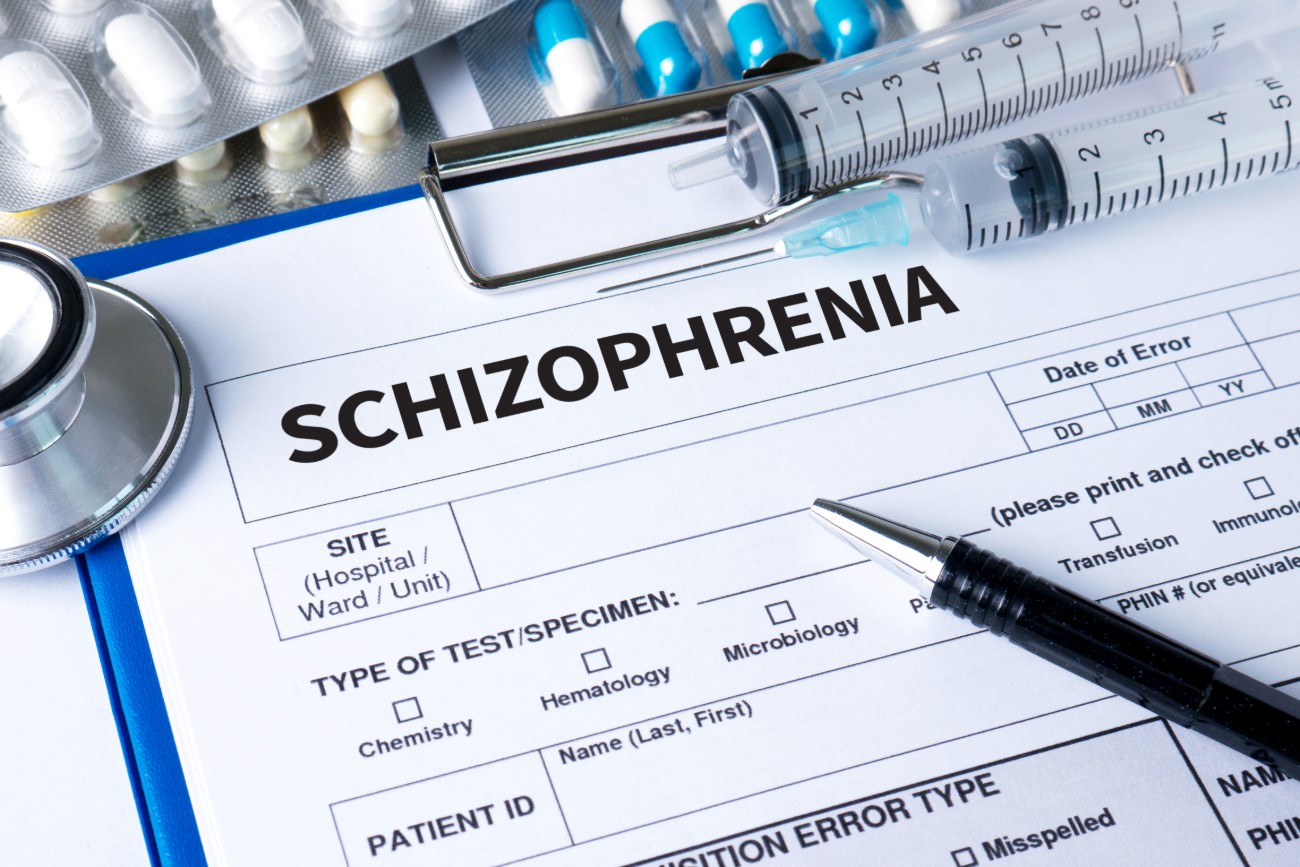Schizophrenia is a complicated disorder but early detection is crucial for timely intervention. Fortunately, you can learn everything you need to know about schizophrenia with a search online right now, which could help you spot early symptoms.
Schizophrenia is one of the more difficult types of mental conditions to control, as it’s a type of brain condition that affects every patient differently. To help, we’ll explore the common warning signs and treatment options in this article.
Signs and Symptoms of Schizophrenia
Schizophrenia can look and feel like different things to every patient. It’s a form of psychosis that leaves people struggling to differentiate what is a real and unreal experience. Some patients will have obvious symptoms, whereas others will have subtle signs that go unnoticed.
For most of those diagnosed, symptoms begin between the ages of 16 and 30. Although men and women are affected equally by schizophrenia, men tend to show symptoms earlier.
A person’s symptoms are a bit complicated to characterize. They’re commonly divided into three categories that each relate to different aspects of a person’s mental state. Those symptom categories for schizophrenia include:
Positive Symptoms
- Hallucinations.
- Delusions.
- Thought disorders.
- Movement disorders.
Negative Symptoms
- Reduced expression of emotion in the face or voice tone.
- Reduced feelings of pleasure in everyday life.
- Lack of motivation.
- Difficulty starting and finishing activities.
- Reduced speaking.
Cognitive Symptoms
- Poor ability to understand information and making decisions.
- Trouble focusing or paying attention.
- Memory problems, specifically with using information immediately after learning it.
Each case of schizophrenia is different. People will experience their own delusions, hallucinations, and other ailments that are unique to them. Before starting treatment, doctors will have to rule out whether or not symptoms are being brought on by other illnesses that mimic schizophrenia.
Common Treatments for Schizophrenia
There isn’t a cure or exact treatment that will help people with schizophrenia. Each person will be given their own recommended course of action depending on their unique symptoms. Although treatments won’t cure someone with schizophrenia, they can minimize symptoms and help individuals to live normal and functional lives.
The main course of treatment for people with schizophrenia is taking antipsychotic medication on a regular basis. It’s usually in the form of a pill or liquid is taken every day but is sometimes applied monthly with an injection. Doctors might give injections to people who are more reluctant to take medication.
Some people might take one type of pill, whereas others might take a combination of drugs. Doctors usually want to give patients the lowest dosage possible to help manage their symptoms, and it could take several weeks to see a noticeable improvement.
The most effective way of treating patients with schizophrenia is through a combination of medication and various forms of therapy.
Therapy for Schizophrenia Patients
Therapy is another main way of coping with a schizophrenia diagnosis. Since it’s a lifelong condition without a cure, understanding the condition and how it affects a person’s daily life is one of the most important things you can do to help manage it.
There are a number of different forms of therapy a patient can get involved with. Individual therapy is a helpful way for people to normalize their thought patterns and understand what can trigger their symptoms. They talk one-on-one with a specialist who can learn more about what the person is going through.
To help patients effectively socialize and partake in daily activities, they can also do social skills training. This will teach them necessary communication skills to help them positively interact throughout their daily lives.
Despite there not being a cure for schizophrenia, the number of options available to help patients make it possible to manage this lifelong condition.
Living With Schizophrenia
Schizophrenia is a condition that doesn’t affect a lot of Americans, but it still makes a great impact on the mental health sector. It’s one of the top 15 leading causes of disability worldwide and requires a lot of resources to understand.
It can be difficult for some schizophrenic patients to accept the help they need. It can also be difficult to understand how families can help a loved one with this illness. There is support available for these situations that can benefit the patient and those who want to help them.
Find Help Today
If you or someone you know is acting out of character and experiencing any of the symptoms of schizophrenia, see a doctor immediately. The condition can be unpredictable, and possibly make the patient a danger to themselves if it’s severe enough.
Luckily, it’s possible to live a healthy life with schizophrenia. By understanding the diagnosis, taking the proper medications, and regularly seeing their doctor, patients can manage this long term condition.
